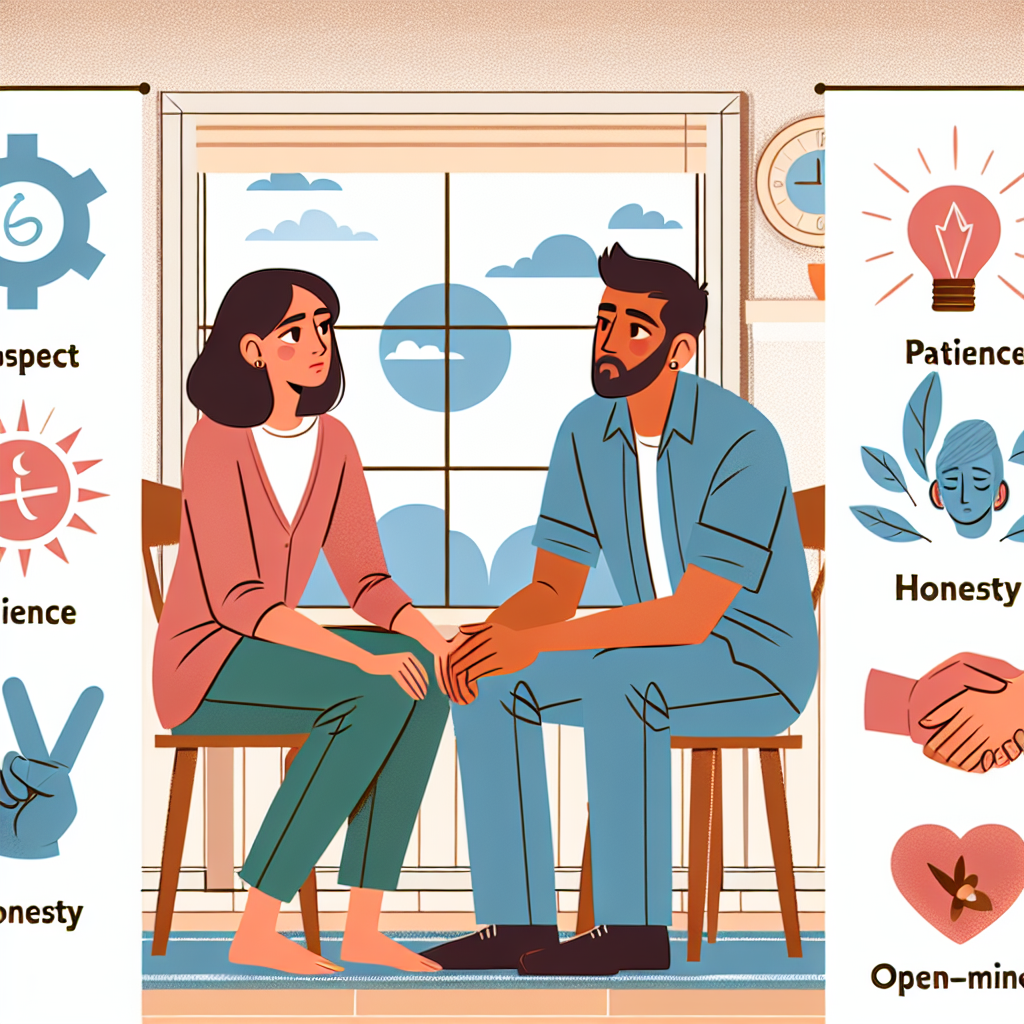Proven Strategies to Reduce Fights and Tension in Relationships
1. Open Communication
Establishing open lines of communication is essential for any relationship. Encourage honest discussions where both partners can express their feelings without fear of judgment. This creates a foundation of trust and prevents misunderstandings that can lead to conflicts.
2. Active Listening
Practice active listening to ensure that both partners feel heard and understood. This involves giving your full attention, acknowledging each other’s points of view, and responding thoughtfully. By validating each other’s emotions, you can reduce the likelihood of arguments escalating.
3. Set Boundaries
Defining personal boundaries is crucial in maintaining a healthy relationship. Discuss what is acceptable and what is not when it comes to disagreements. Setting clear boundaries helps both partners know how to communicate and behave during conflicts.
4. Choose the Right Time
Timing can significantly impact the outcome of a conversation. Avoid discussing sensitive topics when emotions are running high or during stressful moments. Instead, choose a calm and neutral time to address any issues, which helps foster a more productive dialogue.
5. Focus on Solutions
When conflicts arise, shift the focus from winning the argument to finding solutions. Collaboratively explore options that satisfy both partners’ needs. This approach fosters teamwork and decreases the intensity of disputes.
6. Practice Empathy
Try to understand your partner’s perspective by putting yourself in their shoes. Practicing empathy allows you to appreciate their feelings and reactions, making it easier to resolve conflicts and preventing fights from occurring.
7. Take Breaks
If a conversation becomes too heated, don’t hesitate to take a break. Stepping away from the discussion allows both partners to cool off and reflect on the situation. Approach the conversation again when both parties feel more composed.
8. Seek Professional Help
Sometimes, external guidance can provide new insights. If fights are recurrent and unresolved, consider couples therapy. A trained professional can help both partners develop better communication strategies and address underlying issues.
9. Emphasize the Positive
Highlighting the positives in your relationship can create a more supportive atmosphere. Regularly express appreciation for each other and celebrate small victories. A positive environment makes it easier to handle disagreements without escalating into fights.
10. Know When to Apologize
Recognizing when you’re wrong and offering a sincere apology can diffuse tense situations. Admitting mistakes not only shows maturity but also reinforces respect and trust within the relationship.




Post Comment